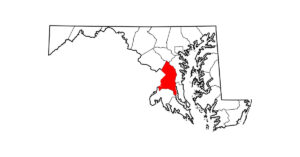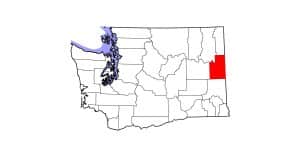Study: Off-Schedule Feeding Compromises Horse Welfare

While this might come as no surprise to some horse people, many handlers still fuss or yell at horses for behaviors such as kicking their stall doors. This shows that not everyone understands how off-schedule feeding negatively affects horses, said Manja Zupan, PhD, of the Biotechnical Faculty in the Department of Animal Science at the University of Ljubljana, in Slovenia.
“Many horse people are annoyed or unsatisfied when they see their horse’s abnormal behavior, especially when performed around feeding time, and some even wonder what may trigger an animal to act that way,” Zupan said. “So in my belief people still do not know much about the general biological and ethological needs of animals in captivity.”
Zupan and her fellow researchers followed the behavioral stress indicators of eight horses in an experiment testing their reactions to regular and irregular morning feeding patterns (sometimes an hour too early, sometimes an hour too late). The horses received oats, barley, and hay (regular time 6 a.m.), then got turned out for the rest of the day. They confirmed that the horses experienced significant stress when their food was late, leading most of them to “act out” through behaviors such as whinnying, pawing, and kicking the stall door
Create a free account with TheHorse.com to view this content.
TheHorse.com is home to thousands of free articles about horse health care. In order to access some of our exclusive free content, you must be signed into TheHorse.com.
Start your free account today!
Already have an account?
and continue reading.

Written by:
Christa Lesté-Lasserre, MA
Related Articles
Stay on top of the most recent Horse Health news with












